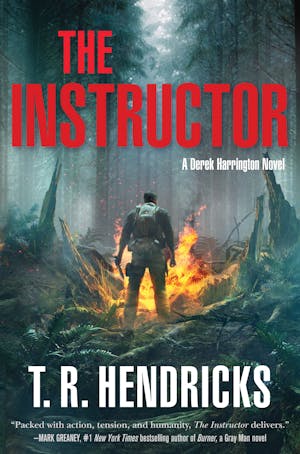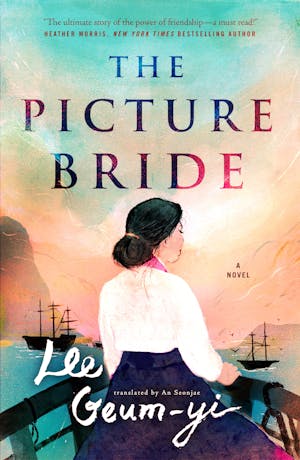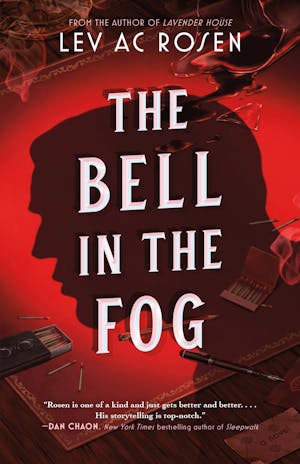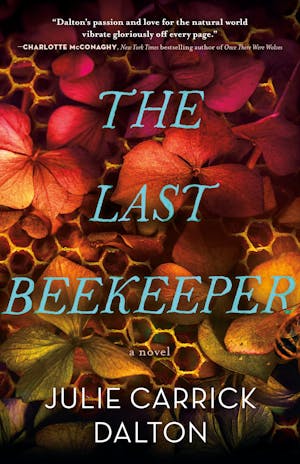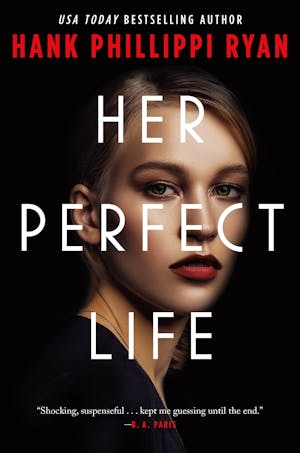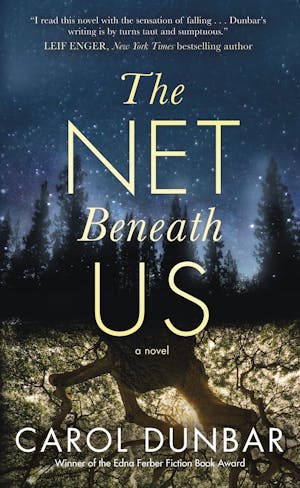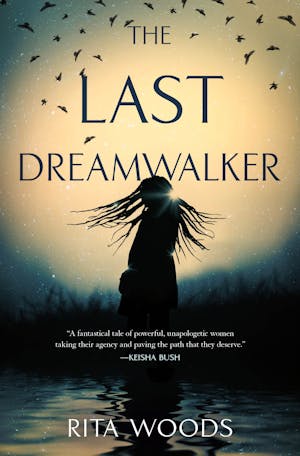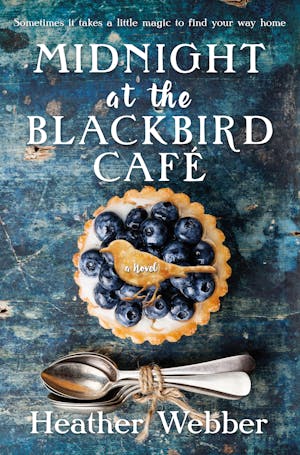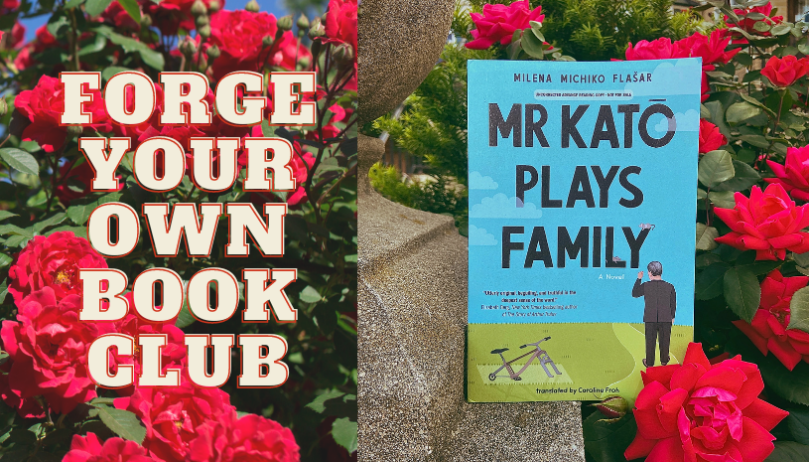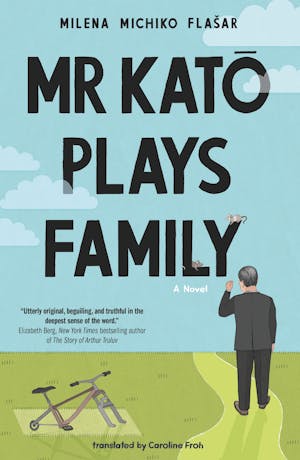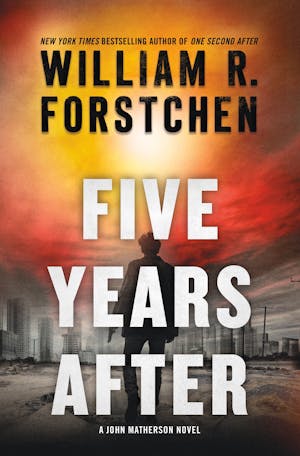 From William R. Forstchen, the New York Times bestselling author of the One Second After series, comes Five Years After, a near-future thriller where John Matherson must contend with new threats to the fragile civilization that he helped rebuild.
From William R. Forstchen, the New York Times bestselling author of the One Second After series, comes Five Years After, a near-future thriller where John Matherson must contend with new threats to the fragile civilization that he helped rebuild.
Five years after The Final Day, the Republic of New America has all but collapsed into regional powers and the world at large is struggling to remain stable as regional conflicts ravage the post EMP landscape. After several years attempting to lead a quiet life, John Matherson receives the news that the President is dying from a possible assassination attempt, and is asked to step in to negotiate with what appears to be a new military power hidden in the wreckage of the world.
Pulled back into the fray, John struggles to hold the tottering Republic together. Facing threats on multiple fronts, he races against time to stop another EMP attack on the former United States and China, putting years of progress at risk. With so much of his work under threat, John must find the strength within to start over, so that he can save the country and the people that he holds dear from even greater calamity.
Five Year After will be available on August 22nd, 2023. Please enjoy the following excerpt!
CHAPTER ONE
For the moment John Matherson felt at peace.
He looked over at his wife, Makala, and their one-year-old daughter Genevieve, nestled up between them, asleep in her father’s arms. Makala glanced over at him and their sleepy child and silently mouthed I love you. And his world felt complete.
The spring graduation concert was nearly finished. In a moment he’d have to stand up and deliver a closing benediction as president of Montreat College. Tori Gasper, a graduating senior, came up to the front of the gathering and all fell silent. Besides being the valedictorian, Tori was beloved for her gently pitched soprano voice. She nodded to the pianist accompanying her, and began.
“Try to remember the kind of September . . .”
No matter how many hundreds of times he heard that song, it always hit hard. It was, he felt, the anthem for the world they now lived in, for all that they had lost in this tragic world in the years after what everyone now called “the Day.” As always, the opening line triggered a deep, warm memory.
It was five years ago, on that fateful day, that he had met Makala. In those first hours after the EMP attack, he was not yet sure what had happened, and with his mother-in-law, known as Grandma Jen, and Jennifer, John’s daughter with his first wife, he decided to drive into the town of Black Mountain to see what was going on in the village. But his car wouldn’t work, though Grandma Jen’s old Ford Edsel started right up, which was one of the first clues that whatever had happened was beyond a mere local power failure.
Nothing was moving on the interstate, every car stalled; more of a warning to John of what would prove to be true, that it was an EMP that had shut things down. It was there that Makala, standing beside her stalled BMW, had asked for help.
John had sensed danger, however; that more than a few who would approach him for help might also very well take his car— with daughter and mother-in-law inside—so he refused and sped off, leaving Makala behind.
They would later laugh that this first encounter was a hell of an introduction and the next morning he was quick to offer an apology for leaving her stranded.
Makala was now one of the most trusted and loved citizens of Black Mountain. As the nurse in charge of a cardiac surgical unit down in Charlotte, she was an invaluable asset, helping with the refugees and citizens who within days were overloading the town’s medical facilities.
It would be Makala who was at John’s bedside for days when a simple cut on his hand turned deadly with septicemia, and saved his life. But more important to John than what she did for him was the way she became part of his daughter Jennifer’s life as well. Jennifer was a type 1 diabetic in a post-EMP world where, beyond the insulin he’d managed to get on that first day of chaos, no more life-saving medication would follow. As the months painfully dragged out, and the supply of insulin that John had stockpiled for his diabetic daughter began to fail for lack of refrigeration, it was Makala who was by her side as well until the last tragic day of his daughter’s life.
There was a day when Makala had accompanied John to his college to see how things were faring. Standing together in the campus chapel, they listened as a student, who would later die fighting to defend the town, had practiced that song and it was on that day John realized he was falling in love with Makala.
Tori continued to sing The Fantasticks classic.
John stirred from his musings. He looked over at her. She smiled wistfully, for of course she knew what he was remembering, the song always triggered his memories. Sliding closer, she took the stillsleeping Genevieve onto her shoulder, then reached out and took John’s hand and squeezed it.
Her eyes were bright with tears, one of them coursing down her cheek.
“What is it?” he whispered.
“I don’t want you to go. I want you safe here.”
“I know” was all he could manage to say.
Tomorrow he would leave, not sure how many weeks or months he’d be gone. Maybe forever.
In the morning he would travel to Raven Rock, the underground citadel near Gettysburg, Pennsylvania, that was now the seat of a government. Or at least an attempt at creating a government.
He was the vice president. But vice president of what? A real government, a shadow government, or just a chimerical dream of Bob Scales? In any case, he, somewhat against his better judgment, had accepted a position and title based on what was called an “electoral vote,” voted on by less than a hundred men and women in the shattered remnant of what once had been the original thirteen states of a new republic called the United States of America.
It was impossible to actually bring the twenty-six senators together when most road travel was problematic at best, and in more than a few cases near suicidal. A few had tried to come to Raven Rock but were never heard from again. Two women senators from Rhode Island who tried to make the journey, complete with a fourman armed escort, were found crucified on an interstate just outside of New York City with signs on their crosses declaring they had not repented to the new Messiah. Whatever the fate of the guards was, John hoped it had been quick. The meetings of government were therefore held on short wave radio, but even then rarely was there a quorum. It was, John thought, a helluva way to try and reconstitute the government of what was idealistically called the New Republic of America.
The college had thus become far more the center of John’s life after Makala and the new baby.
With 170 students, it was actually surviving. The school had retrenched, like everything else did in their lives, after the Day. There was no longer any chartering institution, no state mandates— basically nothing more than the fact they called themselves a college. They now offered just one degree. Their catalog called it a bachelor’s degree in Life Skills; John called it a degree in survival and rebuilding for a post war America.
They offered, as any real college should, a few courses in the old traditional sense: history, English lit, and so on. John felt even at the worst of times, there was still a need for such things. That the humanities were as valid now as they had been in places like Paris and Cambridge six hundred years ago. In arguing to keep such courses, he cited stories of POWs in World War II and concentration camp inmates who still tried to carry on with some cultural foundations. Along with his other duties, he found time to teach a course on basic American history and another on the Constitution and what he hoped would again be their system of government, and a third course on Democracy versus Totalitarianism. All three became mandatory courses, and he hoped something of them would rub off and someday, perhaps decades from now, these beliefs would again bear fruit.
But it was the pragmatic needs of this time that had to take precedence. Alongside such traditions of literature and government, the college offered what could almost be a degree in and of itself for those students who became EMTs and worked at the clinic in Black Mountain.
That program was run by Makala. John had—more than a little bit seriously—wanted to give her the title of dean. She’d just laughed, thinking it far too pretentious, and said if she had to use a title she preferred to be simply “Nurse Makala,” or her maiden name of “Ms. Turner.” The medical course covered the gamut, from how to sterilize and bandage a flesh wound up to emergency field surgery for gunshot wounds that even a beginning doctor would find challenging.
Given the continuing role the students had of also being the town’s rapid mobilization force and the border guards at the pass for I-40 and the crest of the mountain on Route 9, such training was needed. Just a few months ago, half a dozen raiders had crept in at night on a pig raid, trying to steal a few hogs from an isolated farm belonging to the Stepps, whose clan lived up on the North Fork. The raiders were killed, but not before killing two watchmen, one of them a student, and wounding several others. A student medic’s quick thinking on a compound fracture of the thigh and severed femoral artery from a shotgun blast saved the life of one of the Stepp children. Thereafter, if rations were thin at the college at times, all she had to do was hike over to the North Fork and come back the next day with a full stomach and usually a juicy smoked ham to share with her friends.
For people like the Stepps, the Wilsons, the Franklins, the Robinsons, and the Burnett group on the far side of the Black Mountains, life had in general reverted to the nineteenth century, and the adjustment was, in fact, hardly an adjustment at all for some.
A team of students worked in “practical chemistry” under the tutelage of Brad Bennett, one of the few surviving professors from before the Day. They were now producing ether and antibiotics, and worked a still to produce antiseptic alcohol—and, when John’s back was conveniently turned, some illegal moonshine for late-night parties up in the woods. Cannabis was grown as well for a variety of uses, including help for cancer and chronic pain, and John had to turn a blind eye as well to the “recreational” use that more than a few indulged in, but doing so on duty was not tolerated. They were also the ones who manufactured the black powder for the assortment of old muzzleloaders found in the town. Modern cartridges had been all but used up over the last five years, and the dwindling supply was strictly reserved for military use. One of Burnett’s people, a maker of flintlock rifles before the war, was backlogged a year in advance for his fifty caliber Pennsylvania long rifles.
A production facility had been created for making this black powder, with a major component of that coming from Bat Cave, twenty miles south of Black Mountain. Hundreds of thousands of bats had lived in the caves for thousands of years, and therefore tens of thousands of tons of bat guano was piled up dozens of feet deep. Guano meant nitrates for saltpeter, the main ingredient, which was then combined with sulfur from a hot spring in Asheville and wood charcoal. Lead was plentiful, of course, from thousands of old car batteries. They manufactured so much black powder it was now a trade item to the communities that still survived in the mountains of the Carolinas and Tennessee.
A careful survey of every dwelling in the area had produced a few hundred black-powder weapons, most of them reproductions, but even a few originals from the Civil War. Many people now hunted with flintlocks and quickly learned they had but one shot, and to make that shot count. More than a few at the college were now deadly marksmen at two hundred yards, and what was left of the roving bands knew that Black Mountain was a place to avoid.
In the first months after the Day, anyone who had a gun had taken to the woods to hunt, many a town- and city-dweller just assuming that any day they went hunting would result in enough meat on the table to last for weeks. In little more than a month the woods were all but hunted out for anything bigger than a squirrel. After what was now called the Starving Time, and the die-off from starvation and disease, and the battle with the Posse, those who survived gradually returned to hunting, now with flintlocks or bows. Deer were finally making something of a comeback, along with a plentiful abundance of wild geese, whose old flyways were now all but devoid of humans and thus flourished. Wild boar were actually becoming plentiful to the point of being a nuisance.
In the first months after the Day, more than a few pigs had escaped from farms, especially in Swannanoa and below the Old Fort gap, and they’d flourished up in the hills, reverting back to their predomesticated state. Hunting them with bows and spears had almost become a sport. A few venturesome students, after reading Lord of the Flies, would go out armed only with spears, and of course some bootleg moonshine and pot, chanting “Kill the pig!” They would return in the evening hooting and hollering like Neolithic hunters of old, most of the campus turning out to cheer on their triumphant return.
The “granola eaters,” as some students referred to them, would look on in disgust as the pig was roasted on an open fire, and at times the celebration would get out of hand with dancing, and more than a few couples retiring to the woods for other activities. John had voiced his concerns about the whole thing taking on a pagan aspect, but then again, with all the pressure those students were under, he would find an excuse on such nights to conveniently remove himself from the campus. Makala was disgusted with these displays but knew as well that it was definitely a pressure release. Still, she would mutter for the students not to come crying to her if one of them got gored. One of them finally was gored and darn near killed, and of course she bandaged him. Then the spear hunting stopped for a while, though not for long, the injured student roaring in triumph as he led back a successful hunt a few months later.
Beyond all their other responsibilities, students had to participate in military drills, mandatory for everyone except those who were disabled, on sick call, or could rightly and honestly claim conscientious objection and then served instead as medics. The drills were held every Saturday morning, along with two weeks of full-scale practices and maneuvers every spring and fall after the harvest was complete.
John no longer participated in those. Students who had survived the Day and fought in the war against the Posse and the few dozen minor skirmishes since then were the veterans now and had taken over, led by Kevin Malady, their head of militia on the campus, and Josiah Stepp, a combat vet with most of his time spent in the Middle East. He had come back with a Silver Star and two Purple Hearts. Josiah supervised the training in town. He was the one who started the tradition that students wounded in the Posse fight and other actions could wear a purple ribbon on their jacket, and those officially noted by Kevin Malady for valor wore a coveted gold ribbon.
All new students went through a boot camp at the start of the year, learning the usual requirements of firearm safety and after that, training. Woe betide a student who did not count any weapon, even a flintlock, as always loaded or behaved with one in a reckless manner. Last year a student was shot in the shoulder and darn near killed by a student laughingly saying “It ain’t loaded” as he pulled the trigger. The victim survived, but lost her arm in spite of Makala’s efforts; the malefactor was drummed out of the campus never to return and the lesson held strong for all who witnessed that ceremony. After completing target practice, at first with the flintlock weapons, the students then graduated to a cartridge-firing weapon, though actual live firing was restricted to just half a dozen rounds per student per year. Come the fall, unless they somehow managed to get a resupply, they would be reduced to just dry firing. But then again, John had reasoned, half a hundred flintlock rifles, and even the town’s half dozen muzzle-loading cannons, could be a deadly force. Such weapons had won for America at Oriskany, Monmouth, and Yorktown.
Ammunition was only one of dozens of scarcities that had taken hold in their community that they’d had to find a way around. Salt was another. They were dependent on an old saltlick forty miles away, and several times a year a party was sent out to spend a week boiling down the precious mineral and lugging the fifty-pound bags back home. Going out on the “salting parties” was a sought-after diversion that went to top students who could skip studies, camp out, have some fun parties, and just enjoy the change of pace and scenery.
As for food, there was finally enough, but balancing it for nutrition was always a challenge, as Makala constantly struggled with an increasing cadre of trained students and more than a few surviving old timers from the town. The struggle to bring nutrients back to a semblance of normal was finally working. So many things to worry about, so many things facing his community in a truly daily struggle to stay alive, in this the fifth year since the Day.
With Makala leaning on his shoulder, the baby still asleep, John stilled his thoughts. Things, for the moment at least, were working out.
Tori entered the last refrain of the song, his favorite part:
“Deep in December it’s nice to remember . . .”
The words stirred John from his reverie. Once she was done, he’d have to get up to offer the closing benediction and blessing to the graduates, their proud families, and of course the rest of his community.
The final stanza drifted away.
Many in the audience had joined in, shedding tears for a song that had become “their” anthem in this brave and still at times frightening world that was now their reality.
The song drifted away into silence that was broken only by a few sniffles and quiet weeping. John looked over at Makala and forced a smile. She shifted little Genevieve, who started to whimper a protest at being stirred awake, but then rested against her mother’s breast and went back to sleep.
John Matherson stood up and stretched, his frame still lanky even though he was pushing fifty. But then again, everyone was thin now—maybe one of the few health benefits created by what had happened. He unconsciously scratched his short, graying beard; nearly all men were bearded now. With electric razors gone and safety razors long gone, only a few tried to continue with the ritual of shaving. Makala said John’s new habit of tugging on his whiskers for a few seconds before speaking made him look Lincolnesque. Students seemed to appreciate the gesture as well, saying it made him look distinguished and thoughtful.
He never did like going up to the podium on the stage, feeling it put a bit of a barrier between him and his audience. Standing in front of them was less formal, more like a neighbor talking to friends, so he stopped at the base of the stage, turned, and stood silently for a moment, not aware that he was still tugging on his whiskers.
He looked over at Tori and smiled. “As always, Tori, you have such a beautiful voice. And congratulations on being this year’s valedictorian. You’ve done a magnificent job.”
He looked back out to the audience, to Tori’s mother. She beamed with delight. Tori was one of the lucky few in that her mother had also survived the Day and now was sitting in the audience, eyes brimming with tears of pride.
He lowered his head for a few seconds to gather his thoughts, and started softly.
“Reverend Black, could I ask for our traditional prayer in remembrance of all those who have passed since that Day, five years ago today, when our lives changed forever.”
Black started into a short prayer and John looked at him, filled with concern. He remembered Black before the war, young and vibrant, even in his mid-fifties, always smiling and looking like he wasn’t a day over forty. His wife, Portia, was a charm—John always said she looked like Sally Field’s twin sister. The years, the tragedy, had taken a deep toll on Richard. Gone was his youthfulness. His hair had gone prematurely white, and like nearly everyone else he had lost any excess weight.
All of them looked like the fading daguerreotypes of Civil War soldiers and their families from 160 years ago: wiry, frames taut, slender, their clothing from a day before dry cleaning and wrinklefree fabrics causing them to look rumpled. Richard was like that now too, but there was something deeper, an almost infinite weariness of the soul. A younger generation now coming of age were survivors adapting to the world around them; it had become their norm. But for an older generation, who had long ago come of age before the war, a generation accustomed to the internet, markets crammed with food, the latest miracles of medicine and science and entertainment that they had of course taken for granted, for all of them, it was hard not to be haunted by the past. Just this morning at breakfast, Makala had cracked open one of their last precious K-cups, a gift from Jim Bartlett from over the mountain in Burnsville who had found a wrecked truck loaded with them and actually used them as currency. Makala had made two cups of coffee, adding a few drops of honey for sweetener. That was now luxury.
Click below to pre-order your copy of Five Years After, available 8.22.23!

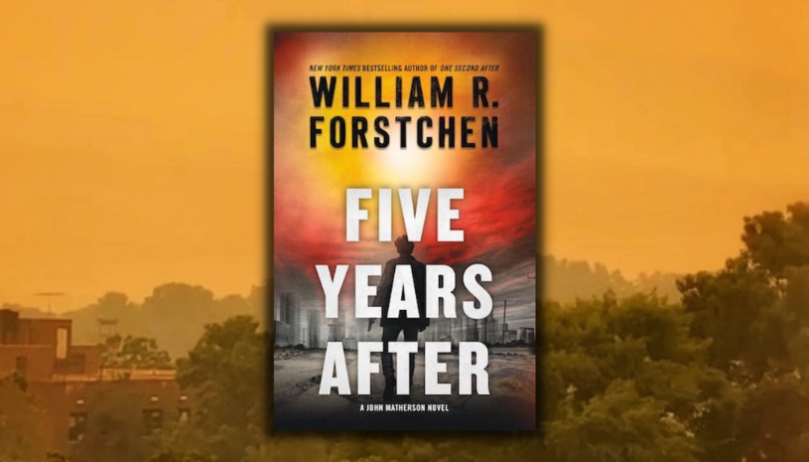





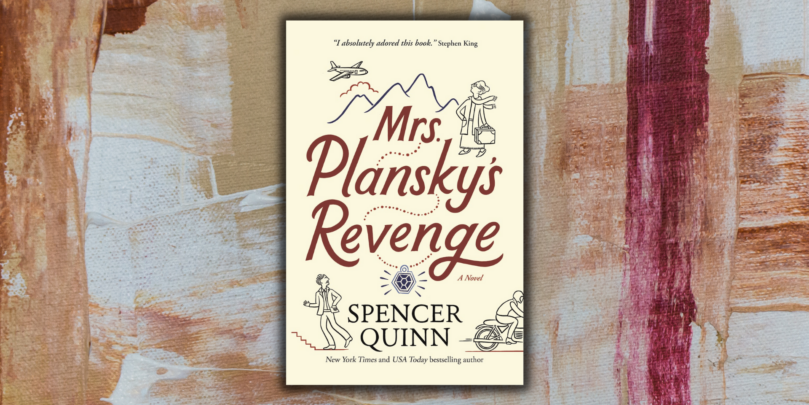
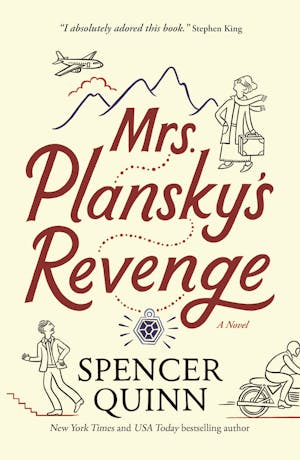
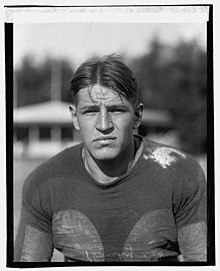
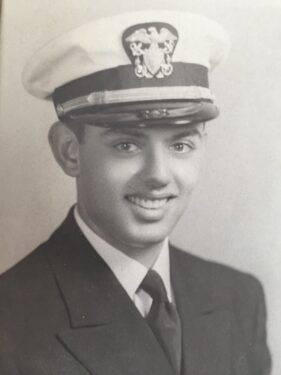
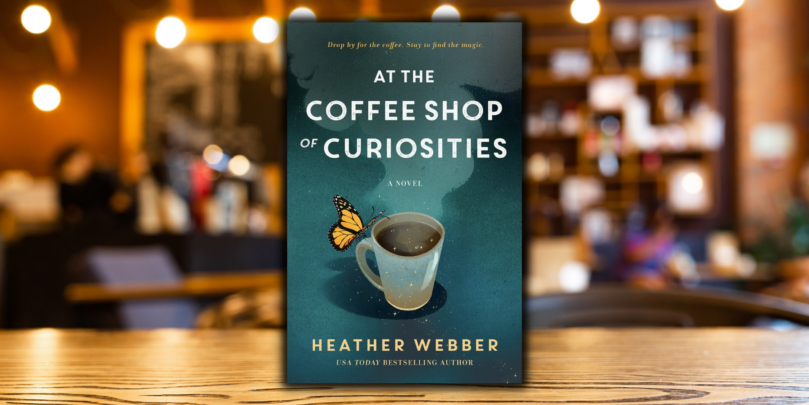
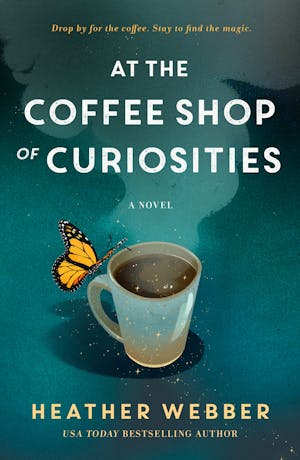 From the USA Today bestselling author of In the Middle of Hickory Lane comes Heather Webber’s next enchanting novel,
From the USA Today bestselling author of In the Middle of Hickory Lane comes Heather Webber’s next enchanting novel, 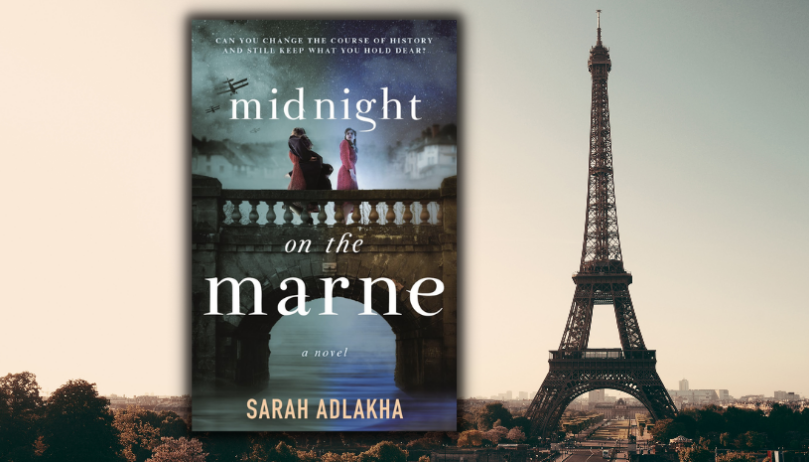
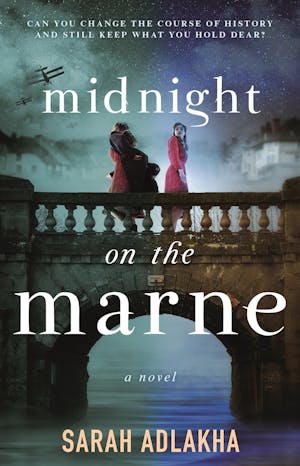




:max_bytes(150000):strip_icc()/eiffel-tower-paris-france-EIFFEL0217-6ccc3553e98946f18c893018d5b42bde.jpg)
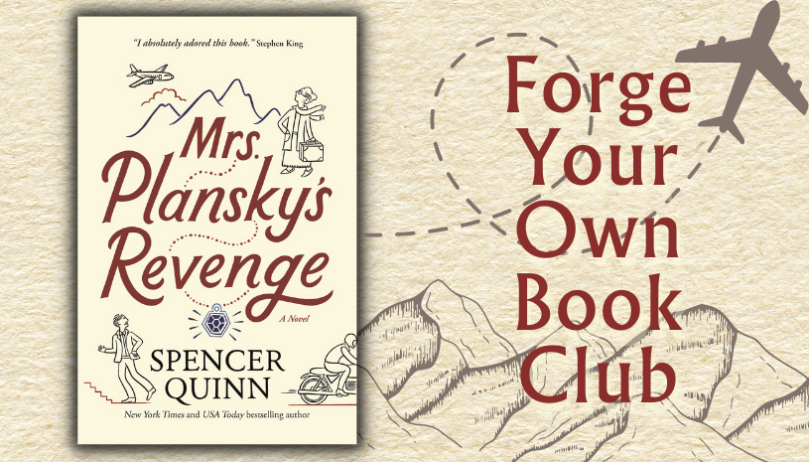
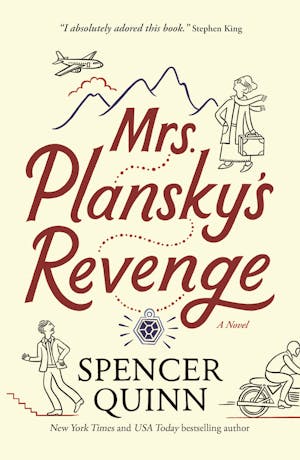 By Ariana Carpentieri:
By Ariana Carpentieri:

:max_bytes(150000):strip_icc()/SES-long-island-iced-tea-and-variations-759315-hero-01-8bcfcbc0ad804d6c908942b732e9fc92.jpg)



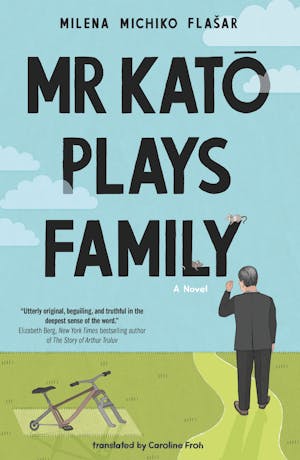



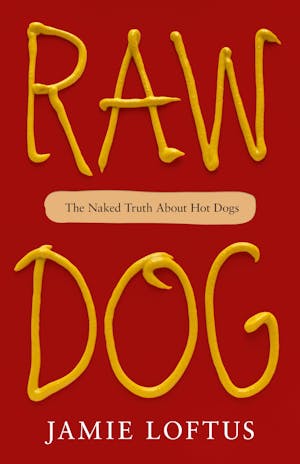

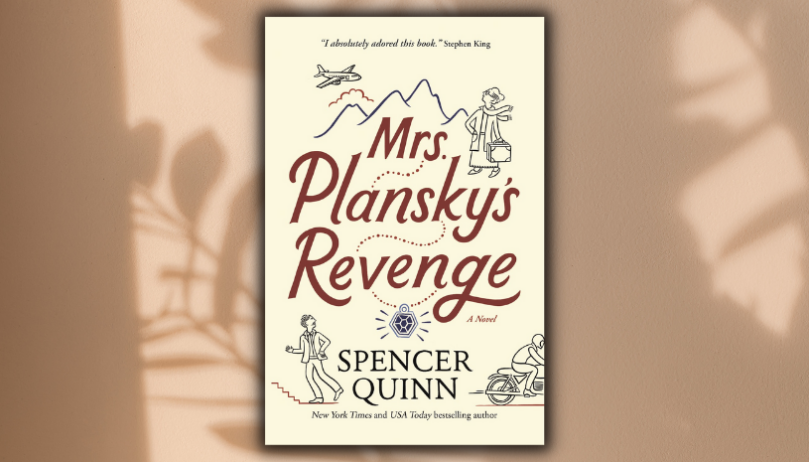
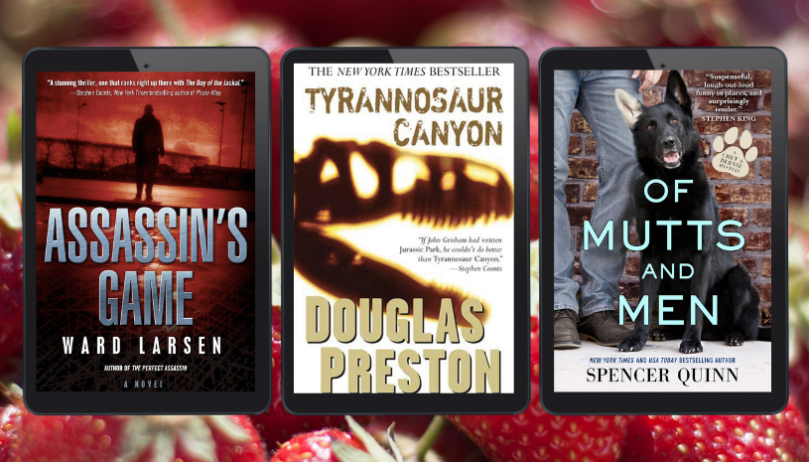
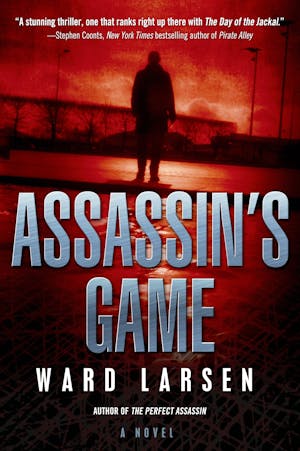
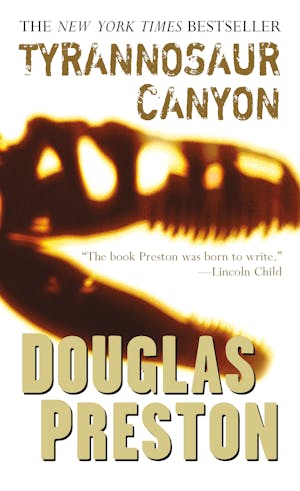
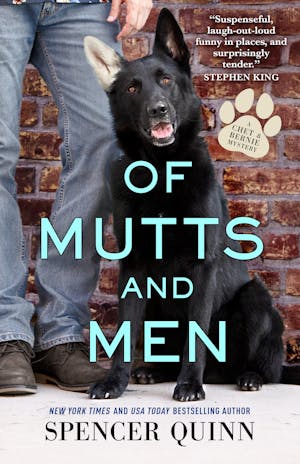
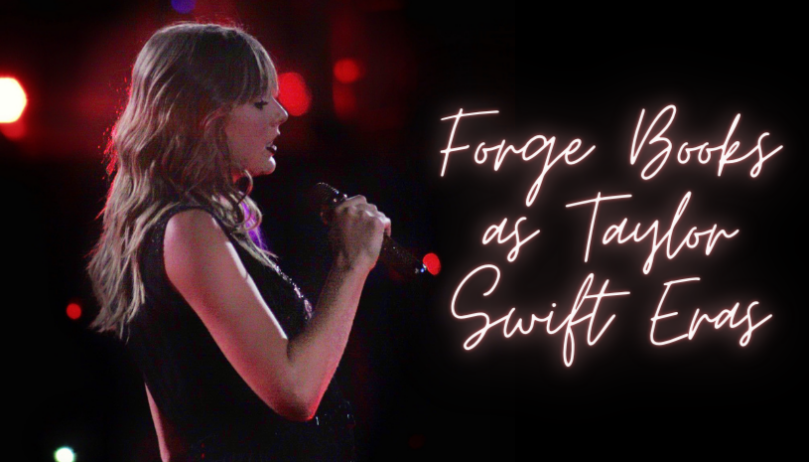

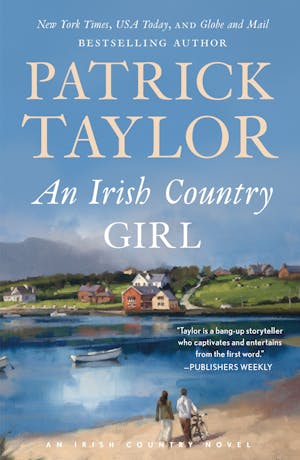
![Taylor Swift - Fearless [Enhanced] - Amazon.com Music](https://m.media-amazon.com/images/I/61D2Zlcj1FS._UF1000,1000_QL80_.jpg)
